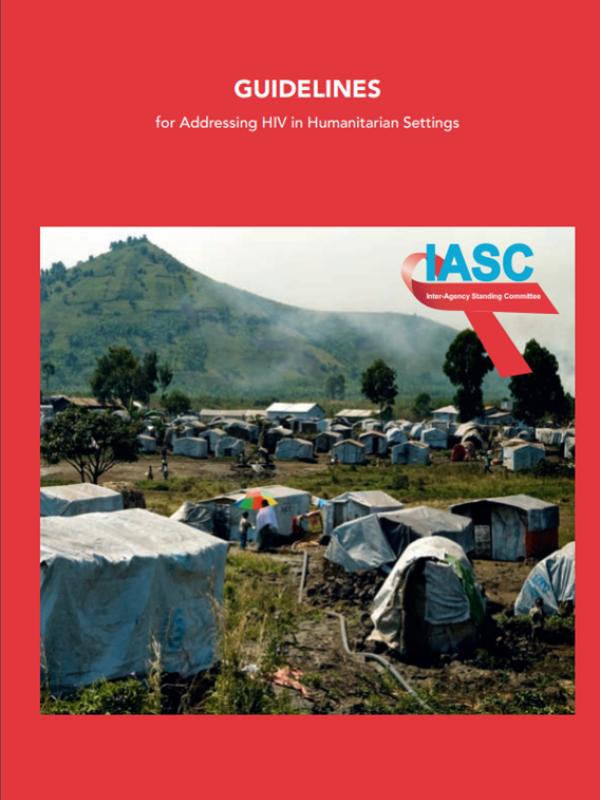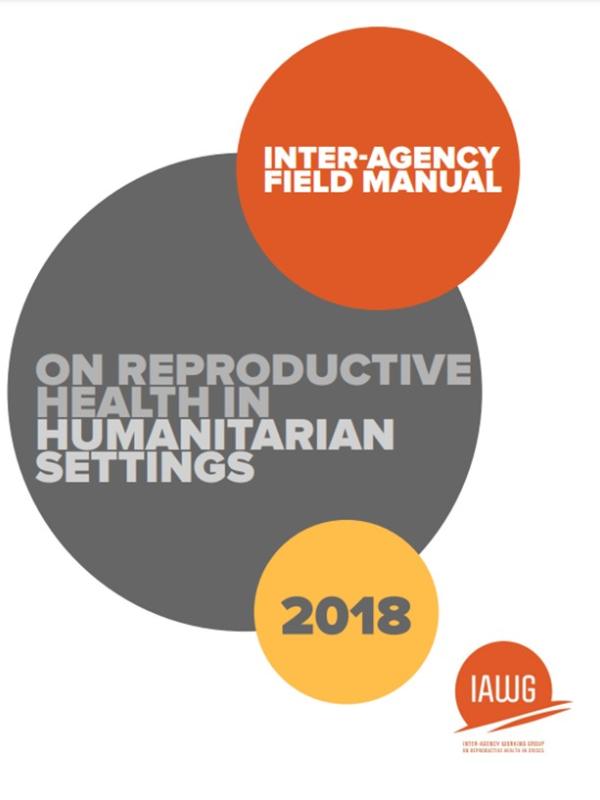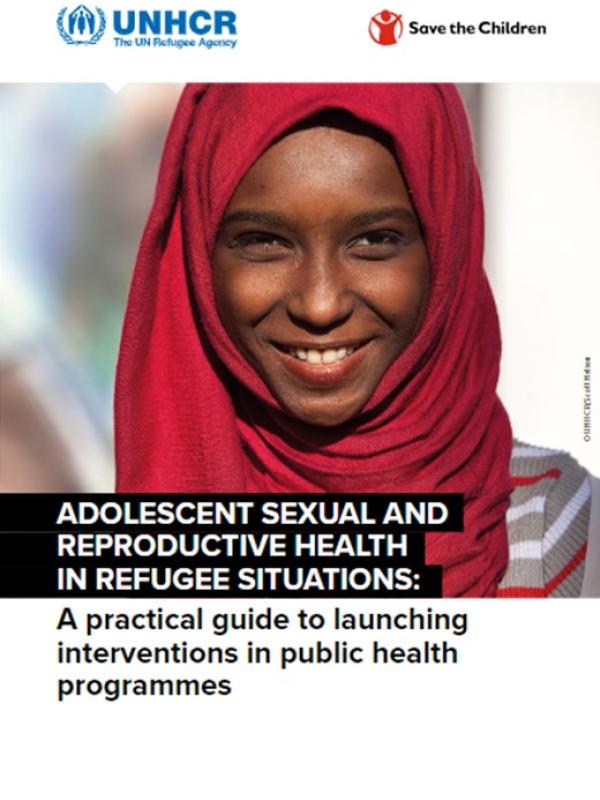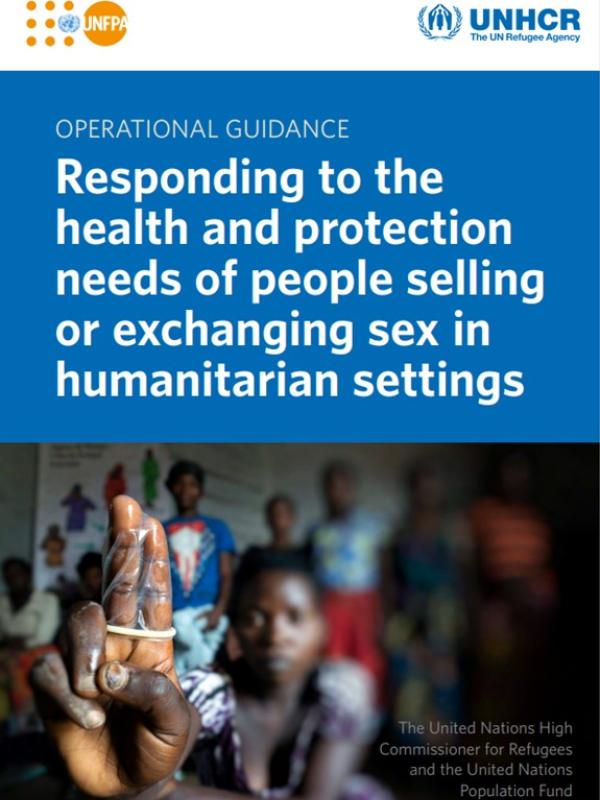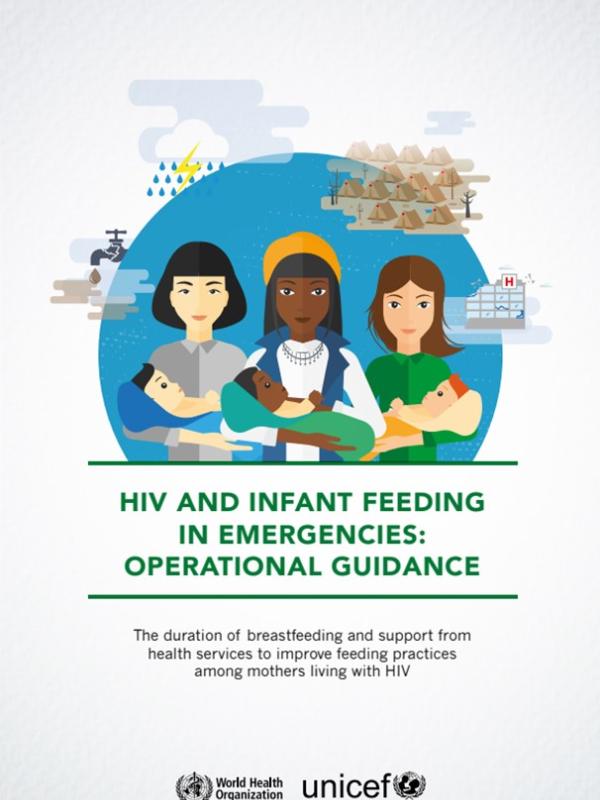Guidance and principles regarding the prevention, treatment, care, and support of HIV/AIDS-affected populations within emergencies and crises. Includes information on: ▪ Preparedness ▪ Minimum initial response - Basic HIV interventions applicable during the early stages of any emergency ▪ Expanded response: Additional core HIV interventions tailored to local contexts during later stages of the crisis
Continue readingThe Inter-Agency Field Manual on Reproductive Health in Humanitarian Settings (IAFM) is the result of a collaborative and consultative process engaging hundreds of representatives from United Nations agencies and non-governmental organizations that make up the Inter-Agency Working Group on Reproductive Health in Crises (IAWG). Based on guidelines issued by normative bodies, particularly those of the World Health Organization, the 2018 IAFM incorporates specific evidence from, or examples about, the application and adaptation of global SRH or human rights standards in humanitarian settings. The 2018 IAFM reflects the wide application of the manual’s principles and technical content beyond refugee situations, extending its use into diverse crises, including conflict zones and natural disasters. The IAFM continues to be the authoritative source for SRH in crises; the Sphere Humanitarian Charter and Minimum Standards in Disaster Response incorporates the Minimum Initial Service Package for SRH – Chapter 3 in the 2018 IAFM – as a minimum standard of care in humanitarian response.
Continue readingThis practical guide is meant to help develop programs that uphold adolescents' rights to access sexual and reproductive health (SRH) information and services. It presents a toolkit comprising 10 Steps, offering guidance on how to effectively initiate adolescent sexual and reproductive health (ASRH) interventions in refugee settings. And it includes guidance to launch, monitor and evaluate programming to address their specific needs.
Continue readingPeople who sell or exchange sex in humanitarian situations have particular health and protection needs that are often not well addressed. This document provides operational guidance on how best to meet these needs, and ensure that people who sell/exchange sex have support, and access to quality, non-discriminatory health and protection services. The guidance provides practical advice for reducing risks and ensuring safety for people engaging in sale and exchange of sex in this context.
Continue readingThis operational guidance, developed by WHO, UNICEF and ENN, outlines the duration of breastfeeding and support from health services to improve infant feeding practices among mothers living with HIV. It is intended to be used to complement emergency and sectoral guidelines on health, nutrition and HIV, including specifically infant feeding, prevention of mother-to-child transmission of HIV and paediatric antiretroviral treatment.
Continue reading